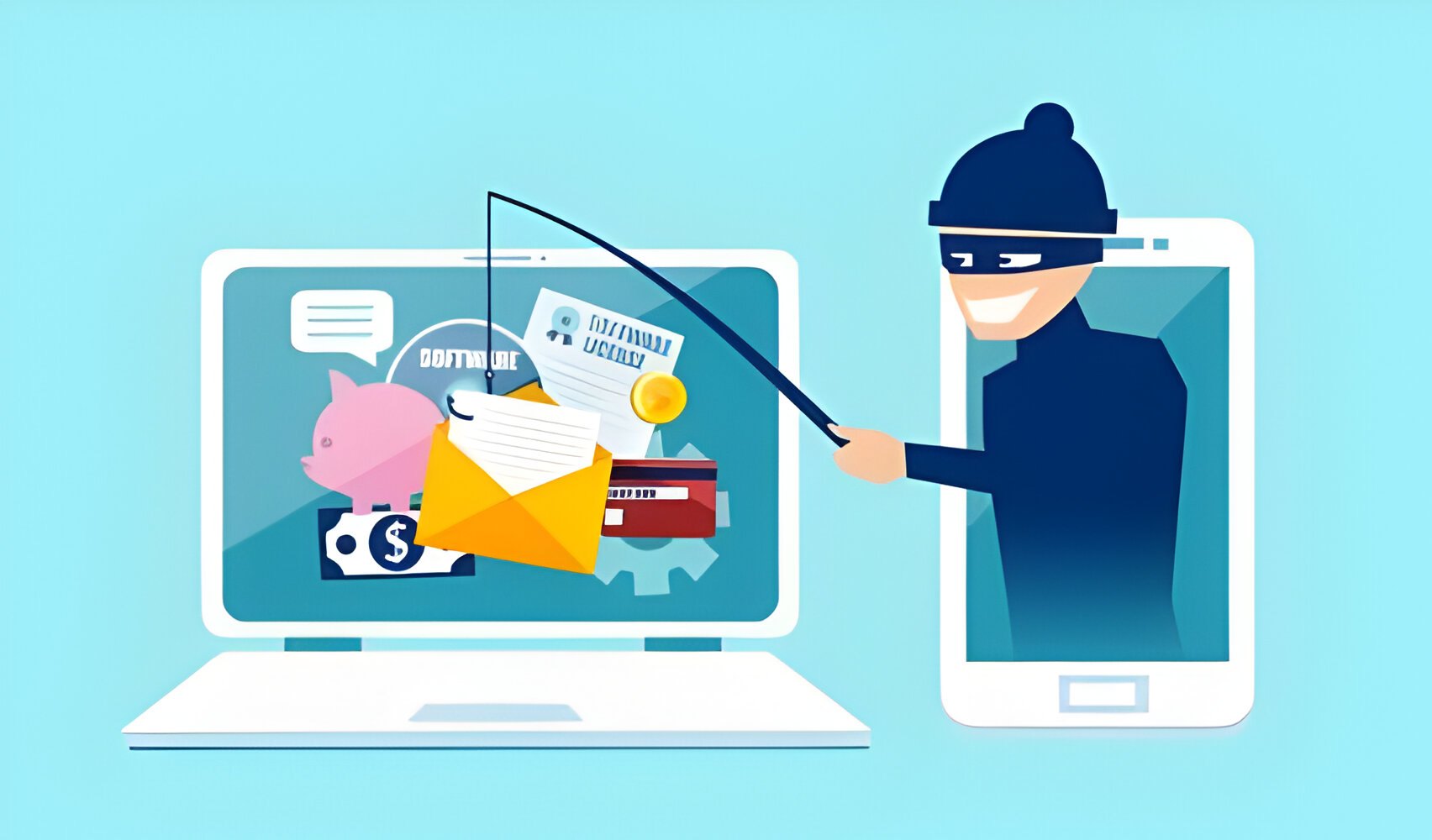Introduction
In the realm of cybersecurity, ethical hacking plays a crucial role in safeguarding sensitive data and systems. As social media platforms have become ubiquitous, concerns have arisen regarding their vulnerabilities to malicious attacks. This article explores the capabilities and limitations of ethical hackers in penetrating and compromising social media accounts.
Understanding Ethical Hacking
Ethical hacking, also known as white-hat hacking, involves the use of authorized and legal methods to probe and identify security loopholes in computer systems. Unlike malicious hackers, ethical hackers work with organizations or individuals to identify and fix vulnerabilities before they can be exploited.
Methods Ethical Hackers Use to Access Social Media
Ethical hackers employ various techniques to gain access to social media accounts. These include:
- Phishing: Crafting deceptive emails or messages designed to trick users into revealing their login credentials.
- Brute-force Attacks: Attempting multiple login combinations to guess the correct password.
- Exploiting Vulnerabilities: Identifying weaknesses in the social media platform’s code and using them to bypass security measures.
- Social Engineering: Manipulating people into providing confidential information or clicking on malicious links.
Ethical Hacker vs. Malicious Hacker
It’s essential to distinguish between ethical hackers and malicious hackers (black-hat hackers). Ethical hackers operate within legal and ethical boundaries, while malicious hackers engage in illegal and harmful activities. Ethical hackers:
- Obtain permission before conducting any hacking activities.
- Use their skills for legitimate purposes, such as improving security.
- Report vulnerabilities to organizations to enable them to address them.
Ethical Hacking and Social Media Security
Ethical hackers play a vital role in enhancing the security of social media platforms. By identifying and exploiting vulnerabilities, they help:
- Prevent data breaches and unauthorized access to user accounts.
- Protect sensitive information, such as personal data and financial details.
- Raise awareness about security risks and educate users on best practices.
Limitations of Ethical Hacking
Despite their capabilities, ethical hackers face several limitations in hacking social media:
- Strong Security Measures: Social media companies invest heavily in advanced security systems to prevent unauthorized access.
- User Awareness: Educated users practice strong password hygiene and avoid phishing scams, making it more difficult for hackers to compromise accounts.
- Legal and Ethical Considerations: Ethical hackers must adhere to strict legal and ethical guidelines, preventing them from employing all hacking techniques.
Conclusion
While ethical hackers possess the skills to penetrate social media accounts, their activities are strictly regulated and focused on improving security. They collaborate with organizations to identify and mitigate vulnerabilities, enhancing the overall protection of user data and privacy. By understanding the capabilities and limitations of ethical hackers, individuals can make informed decisions about their online security practices.
Additional Resources
- Social Media Security: A Guide for Ethical Hackers
- Ethical Hacking of Social Media Accounts
- The Role of Ethical Hackers in Protecting Social Media
- Social Media Security: Ethical Hacking Techniques and Best Practices




